More commonly known as New Zealand, Aotearoa is home to more than 1.4 million cats. That means forty percent of families there have at least one feline. The Guardian reports the country boasts one of the highest cat ownership rates in the world. As for the feral cat population, they number in the millions. And conservationists see this as a problem.
In trying to conserve native bird populations, New Zealand’s government started an initiative known as Predator Free 2050. The plan has been in action since 2016, labeling stoats, ferrets, weasels, rats, and possums as pests that should be eliminated from the ecosystem of the island as they are introduced predators responsible for decimating native animal populations. Now, the feathers are flying between cat lovers and conservationists as certain groups are pushing to add cats to the list of pests in New Zealand. Other conservationists argue such an extreme measure won’t solve any problems.
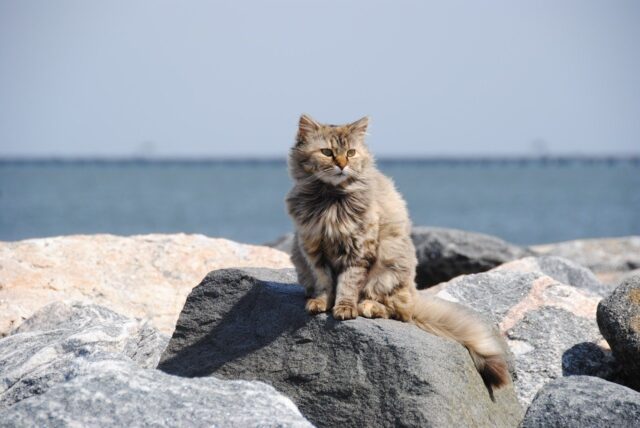
Cats as Pests?
Conservation group Forest and Bird has accused domestic cats of killing more than a million native birds a year on Aotearoa, a figure that’s pushing some species closer to extinction. The group also said this figure doesn’t include “the death toll caused by feral cats – a problem that wouldn’t exist, if it weren’t for the irresponsibility of some owners of domestic cats.”
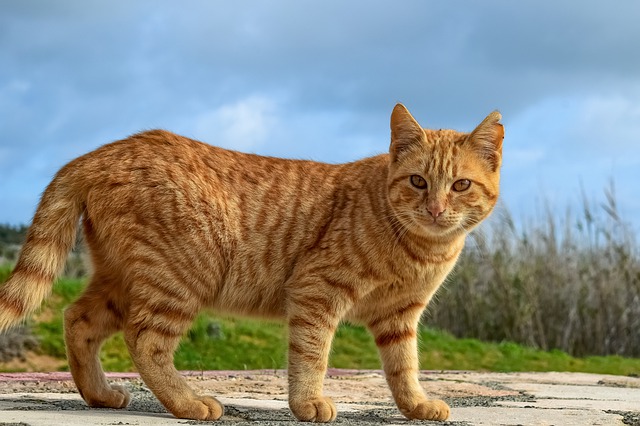
Tamsin Orr-Walker, chair of the Kea Conservation Trust, echoed the thought that domestic cats are responsible for bird population decline. She feels New Zealand won’t reach its pest-free goal in thirty years without adding cats to the Predator Free 2050 plan or placing regulations on domestic cats.
“The problem relates specifically to our relationship with cats. I’m not anti-cat,” Tamsin told The Guardian. “There are so many people who have cats as pets. But a lot of people can’t see their pet as a hunter, which all cats are.”
RELATED: 7 Traits That Make Your Cat A Fearless Hunter
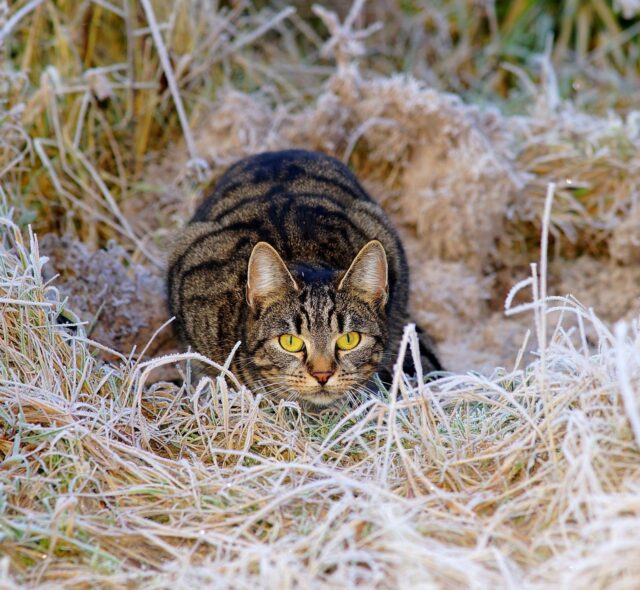
Government Advocates Responsibility
But it doesn’t look like cats will be making it to the list of species to exterminate or regulate at this moment.
As Jessi Morgan, chief executive officer of Predator Free New Zealand Trust, explained, “The tools for controlling cats are limited, especially if you are near populated areas, because you can’t run the risk of killing a well-loved moggie.”
Jessi is the daughter of Gareth Morgan, an ex-politician who introduced the failed Cats to Go campaign in 2013. And she agrees with her father’s thinking that cats are an ecological problem in New Zealand, telling the podcast The Detail, “Our native species aren’t equipped to deal with them.”
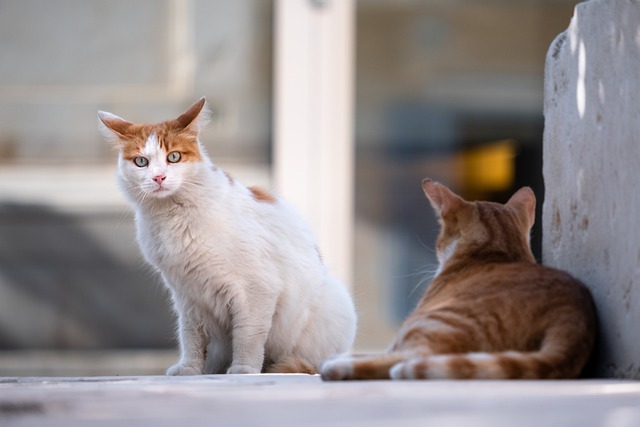
But rather than exterminating cats as her father once proposed, Jessi feels responsibility is the key to conservation.
“We advocate for responsible cat ownership, a bit around educating people on the impact cats have on native species in New Zealand,” Predator Free 2050 chief Jessi Morgan said to The Guardian. “We think it’s important for people to keep cats at home, to microchip them and de-sex them.”
Standing Up for the Cats
Julie Boyd, a cat lover and conservationist, doesn’t think adding cats to the Predator Free 2050 pest list will solve the issue of destructive predators either.
“Cats might be seen as the easiest predator to eliminate, but cats fulfil an important role for many humans,” Julie said. “Companion cats are usually seen as part of the family. They also kill significant numbers of rodents.”
Her cats are responsible for keeping vermin populations at a minimum on her property, preferring those that scurry to birds. Julie feels that licensing felines won’t be the solution, explaining, “Licensing cat owners means good cat owners will be penalised and will be subsidising the others, without ever reaching the goal of keeping cats from predating native fauna.”
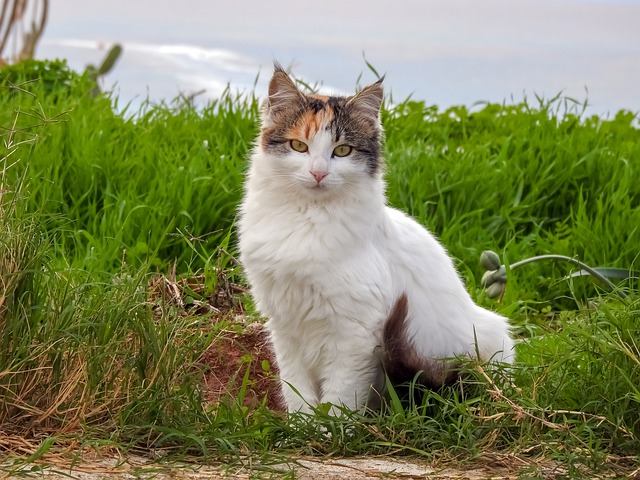
Cat Parents Say It’s the Feral Cats
Cat parents insist feral cats are the problem, not their domestic darlings while cat advocates believe TNR efforts and the regular feeding of colonies can help slow the destruction of bird populations. Many conservationists argue that some cats are too wild to be trapped or fed, leaving them to prey on birds and other native species.
RELATED: DC Cat Count Seeks To Provide Picture Of Washington DC Feline Population
This issue seems to have reached an impasse between those that want to protect cats and others trying to save birds. For now, cats are not regulated or part of the Predator Free 2050 initiative in New Zealand, but groups are still battling both ways. We want to know what you think about the matter. Weigh in with your thoughts in the comments.
